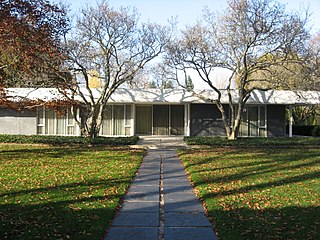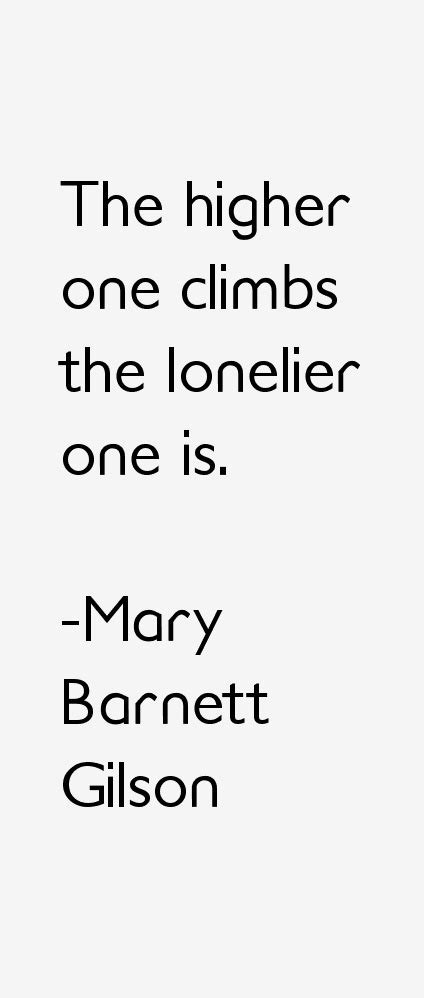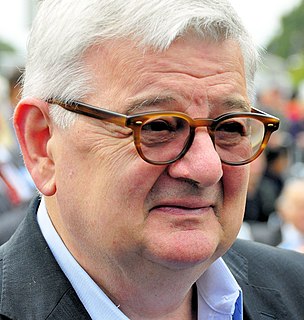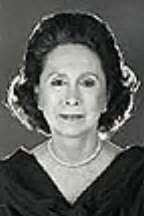A Quote by Confucius
When we see persons of worth, we should think of equaling them; when we see persons of a contrary character, we should turn inwards and examine ourselves.
Related Quotes
Now, if we understand what unlucky persons are, we shall see that they are to be shunned, or that we are to consort with them only out of kindness or from sympathy, but without joining our interests with theirs; for they are persons who are not harmonious with the condition of things around them, and are as much at issue with life as a bird who should try to live in the water, or a fish to float in the air.
Let your letter be written as accurately as you are able,--I mean with regard to language, grammar, and stops; for as to the matter of it the less trouble you give yourself the better it will be. Letters should be easy and natural, and convey to the persons to whom we send them just what we should say to the persons if we were with them.
In the search for character and commitment, we must rid ourselves of our inherited, even cherished biases and prejudices. Character, ability and intelligence are not concentrated in one sex over the other, nor in persons with certain accents or in certain races or in persons holding degrees from some universities over others. When we indulge ourselves in such irrational prejudices, we damage ourselves most of all and ultimately assure ourselves of failure in competition with those more open and less biased.
But how is this legal plunder to be identified? Quite simply. See if the law takes from some persons what belongs to them and gives it to other persons to whom it does not belong. See if the law benefits one citizen at the expense of another by doing what the citizen himself cannot do without committing a crime.
Ours is the only religion that does not depend on a person or persons; it is based upon principles. At the same time there is room for millions of persons. There is ample ground for introducing persons, but each one of them must be an illustration of the principles. We must not forget that. These principles of our religion are all safe, and it should be the life-work of everyone of us to keep then safe, and to keep them free from the accumulating dirt and dust of ages.
They are, as it were, train-bearers in the pageant of life, and hold a glass up to humanity, frailer than itself. We see ourselves at second-hand in them: they show us all that we are, all that we wish to be, and all that we dread to be. What brings the resemblance nearer is, that, as they imitate us, we, in our turn, imitate them. There is no class of society whom so many persons regard with affection as actors.






































